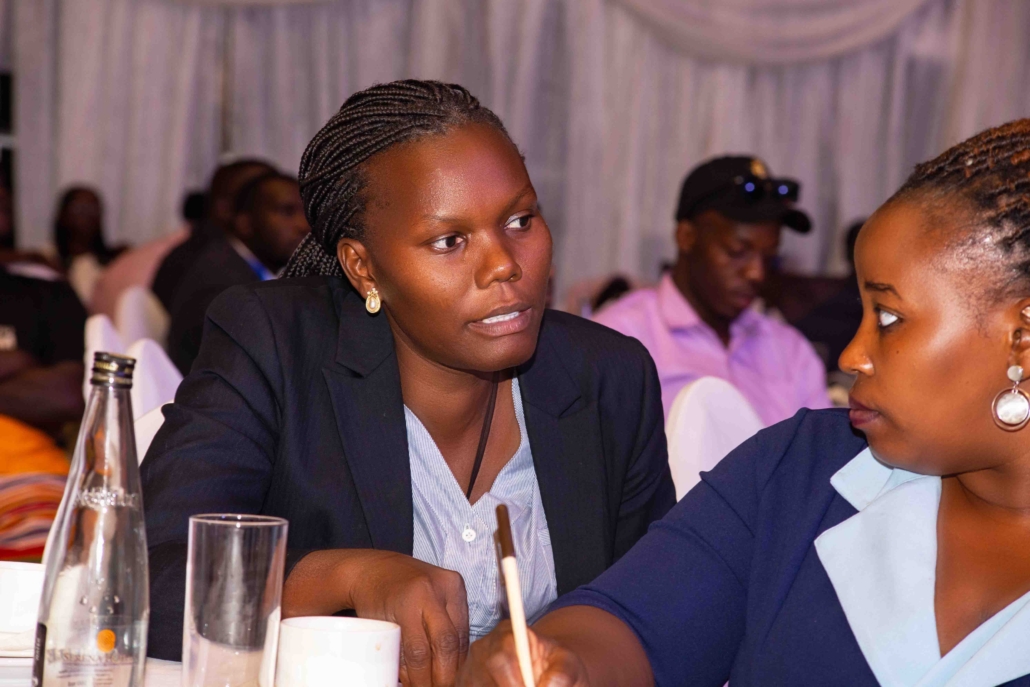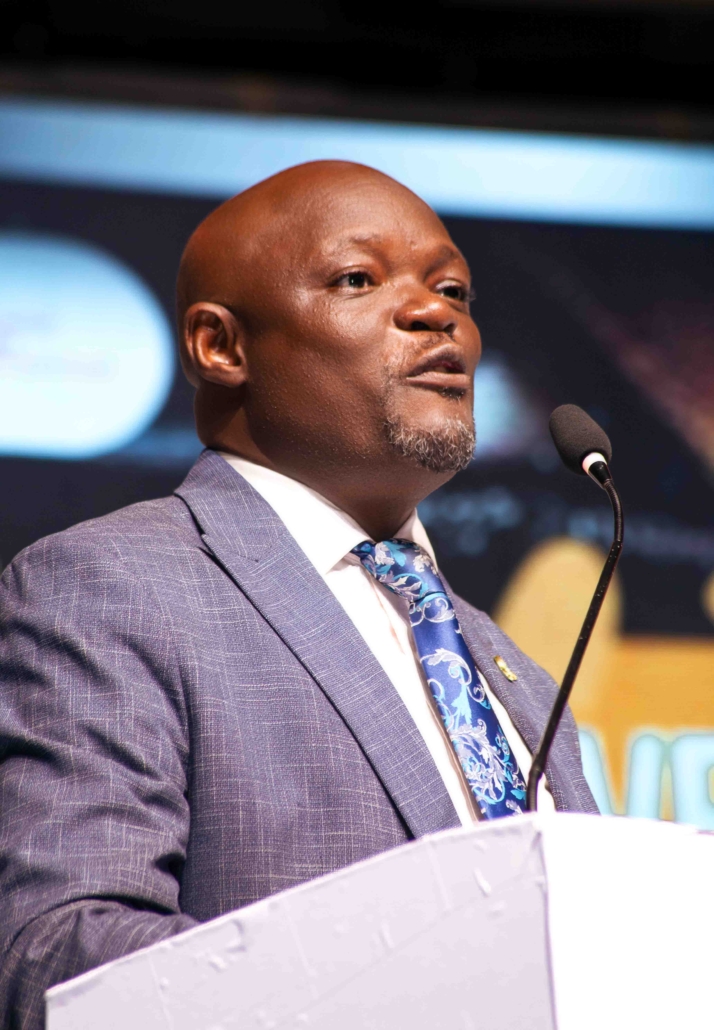Insights from the 14th National Development Policy Forum Aligning, Mediavision Academy’s Programs with National Goals

The forum unveiled the results of a comprehensive diagnostic study that underscored the economic significance and social impact of Uganda’s creative sector. With global creative industries accounting for an estimated 3.1 percent of global GDP and 6.2 percent of all employment, the study revealed that Uganda’s creative sector holds immense untapped potential, particularly for youth and women. However, it also highlighted that the sector’s contribution to the national economy has either stagnated or remains poorly quantified.
The study identified several key challenges that hinder the full exploitation of Uganda’s creative industries. Among these were the lack of credible systems within royalty collecting organizations, weak coordination among regulatory bodies, inadequate infrastructure, and limited market access. These obstacles have stifled the growth of a sector that could otherwise flourish.

In his speech, Hon. Hillary Oneck, Minister for Disaster Management, emphasized the need for robust tracking of the creative sector’s economic performance. He called upon the Bank of Uganda and the Uganda Bureau of Statistics to establish mechanisms for monitoring contributions in terms of employment and revenue generation. “This data is crucial for guiding government efforts and ensuring that resources are allocated efficiently to foster growth within the creative industries,” he asserted.
Tassilo Droste, Head of Program for Strengthening Governance and Civil Society at GIZ Uganda, reinforced the notion that the creative sector is more than just entertainment; it is a vital engine for youth employment in a nation with a predominantly young population. “We must create a conducive environment for the creative industries to thrive, protecting Uganda’s rich cultural diversity and heritage,” he urged, emphasizing GIZ Uganda’s commitment to supporting this initiative.

The forum also featured insights from various industry leaders, including Ms. Naumo Juliana Akoryo, Commissioner for Culture at the Ministry of Gender, Labour and Social Development, who spoke on strengthening policy frameworks. Mr. Charles Batabuze, Vice Chairperson of the National Cultural Forum, addressed the pressing challenges of infrastructure and financing for creative enterprises, while Dr. Steven Rwangyezi, proprietor of Ndere Cultural Center, discussed strategies to close skills gaps and enhance market access.
As the discussions unfolded, Hon. Rachael Magoola highlighted the fundamental need for the creative and cultural industries to be recognized, advocating for concrete data collection on their economic contributions.

Aloyo emphasized the urgent need for skilling within the film and creative sectors, asserting that equipping individuals with the right tools and knowledge is essential for driving economic growth. “We have a wealth of talent in Uganda, but without proper training and support, we risk losing out on the opportunities that the creative industries can provide,” she stated.
Mediavision Academy’s attendance at the NDPF was not merely a passive engagement; it was a proactive step towards aligning its educational programs with the findings of the forum. By understanding the challenges and opportunities presented, the academy aims to refine its curriculum to better prepare students for the evolving landscape of Uganda’s creative industries.

The 14th NDPF was not just a forum; it was a rallying cry for action. With the insights shared and the commitment from various stakeholders, there is a renewed sense of hope for Uganda’s creative industries. As Ms. Aloyo left the event, she felt invigorated, knowing that the path to unlocking the full potential of Uganda’s creative sector is now clearer than ever. Mediavision Academy, alongside other training institutions, is poised to embrace this future and play a pivotal role in shaping the next generation of creative talent.



